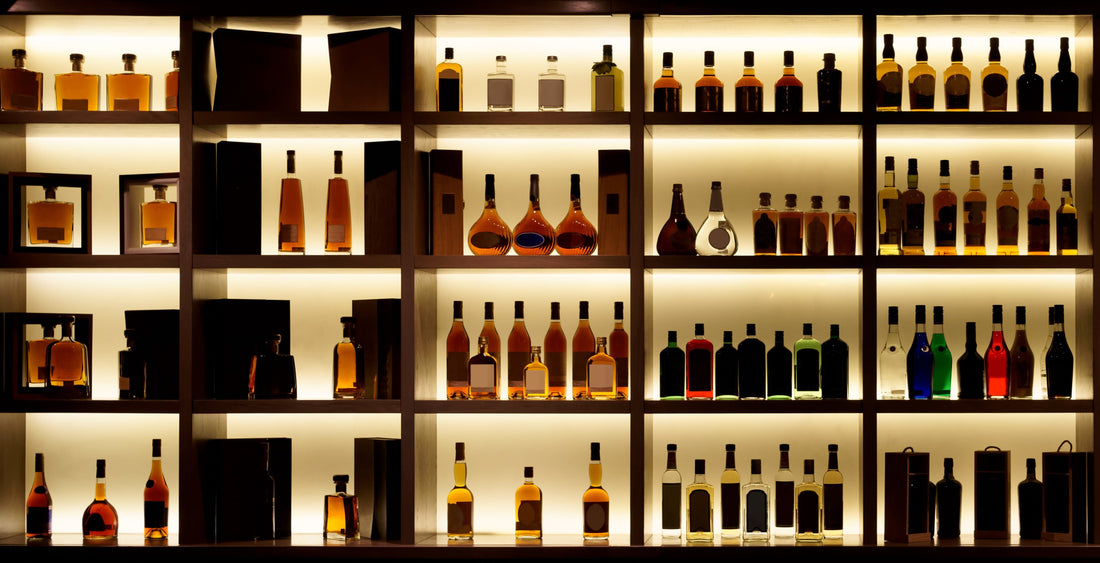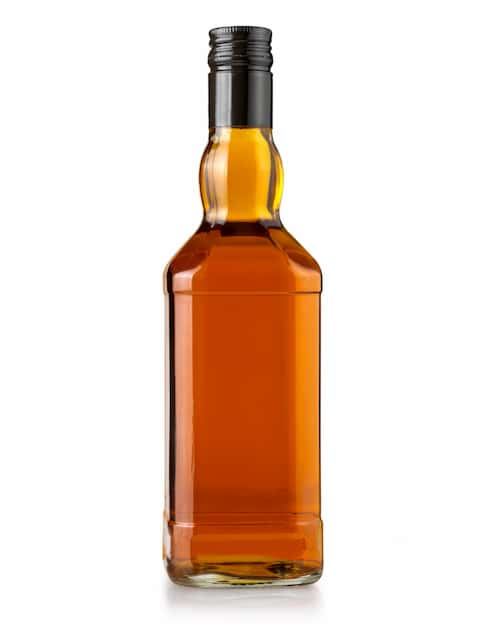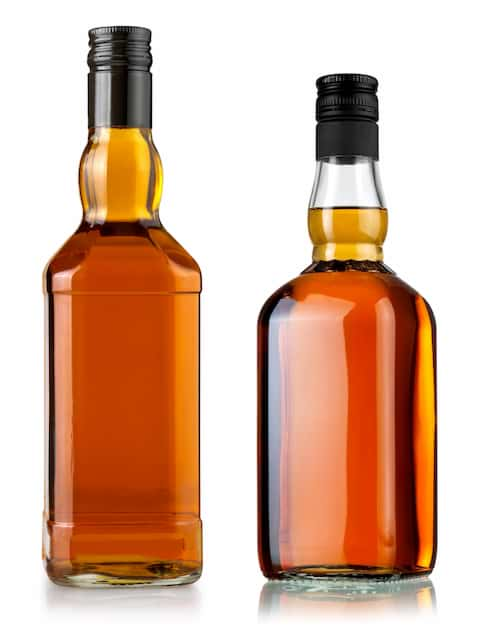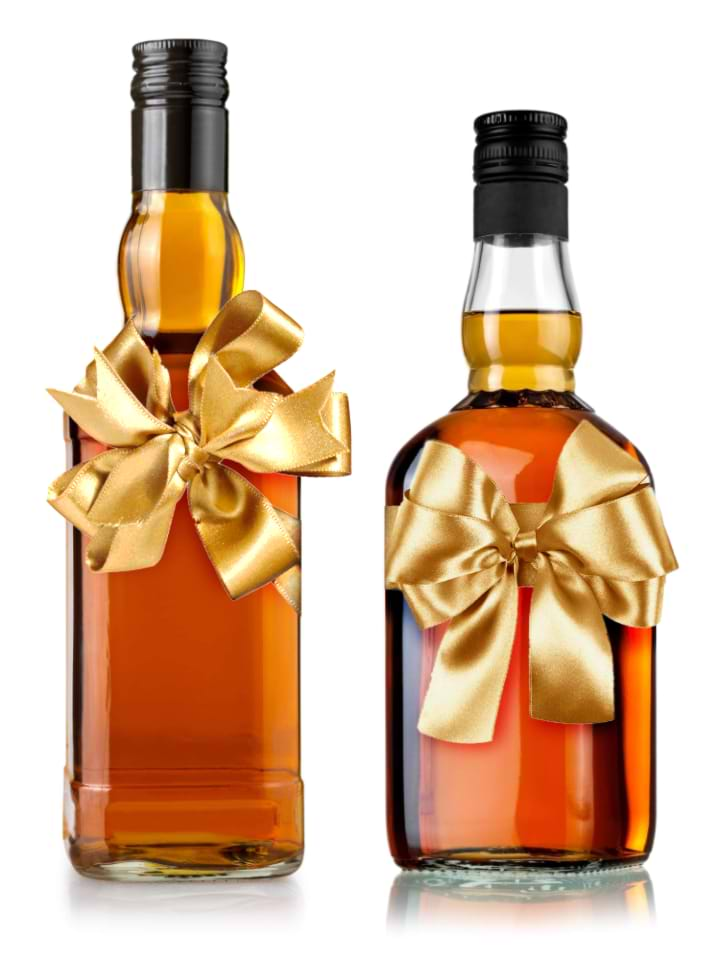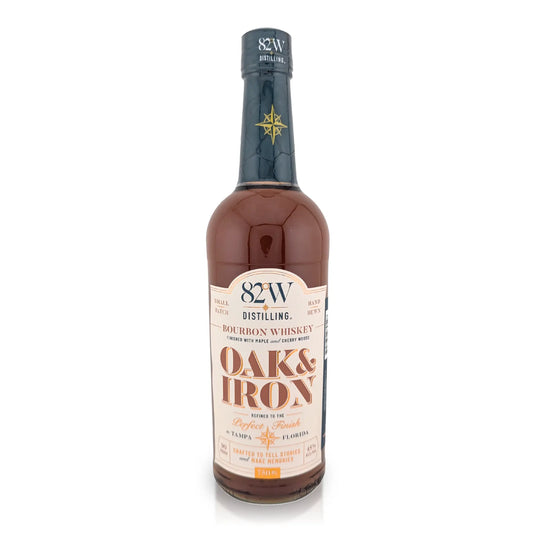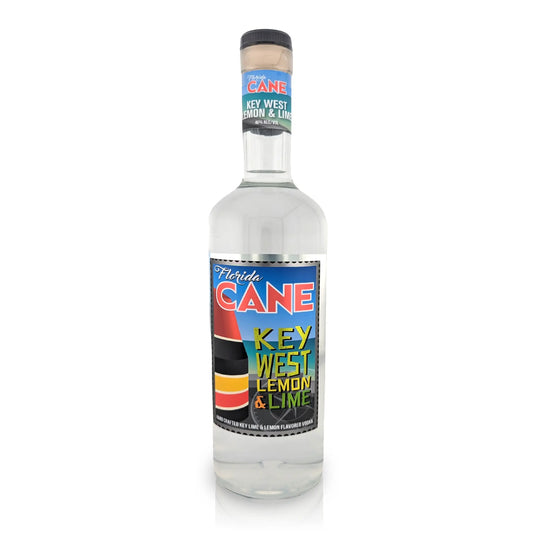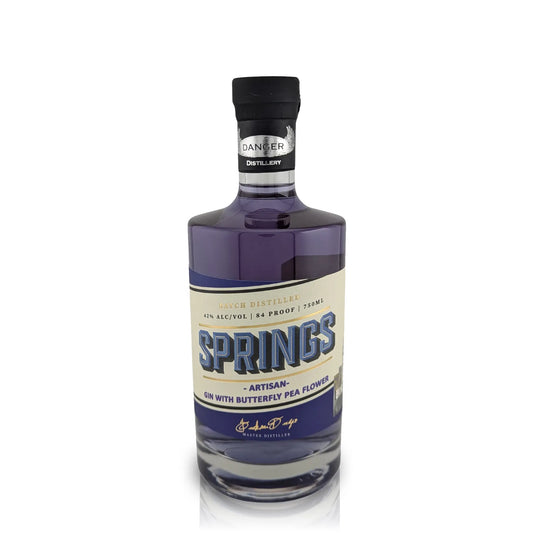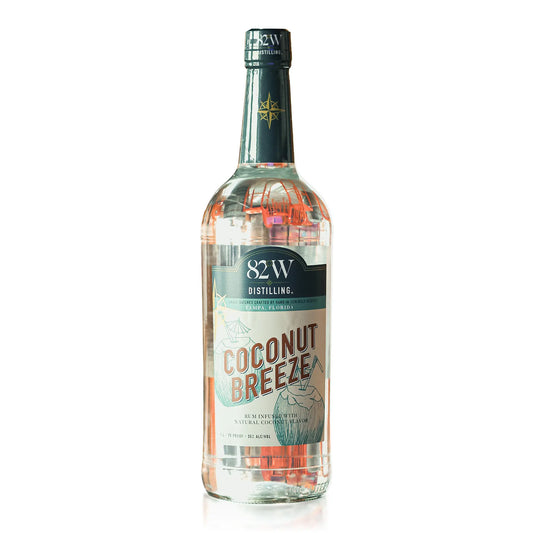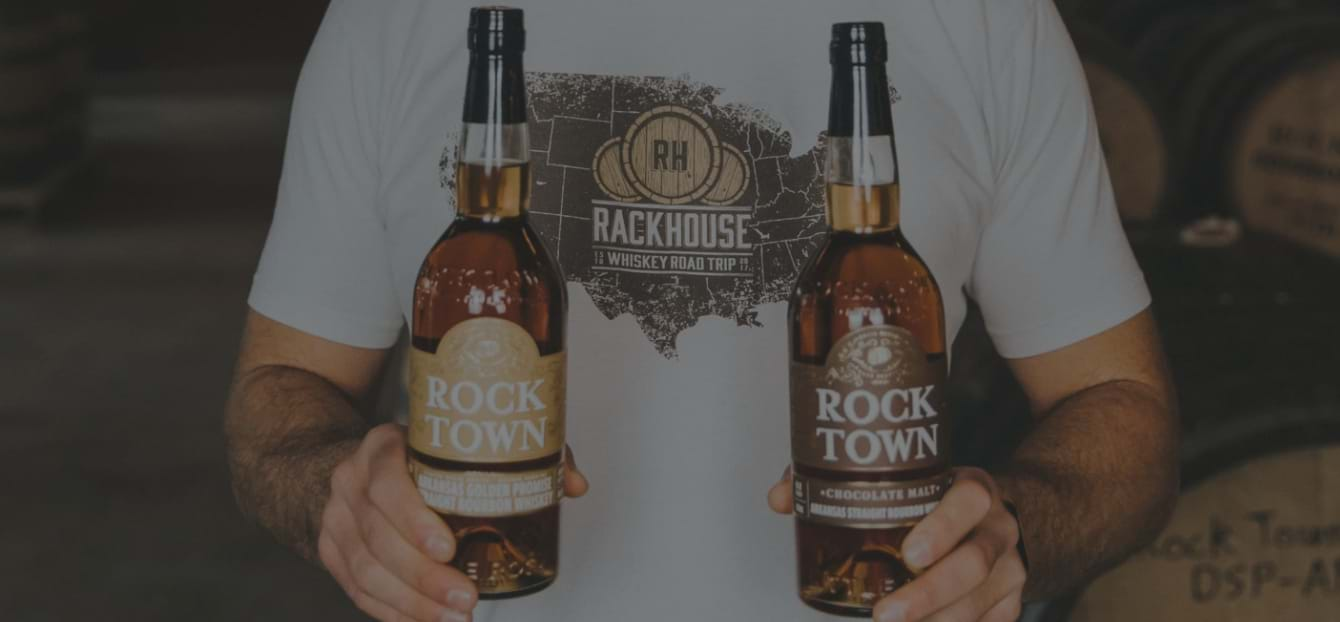 If you’ve ever walked into a bar and glanced at the bottles upon bottles of browns and ambers, you know that there are many different types of whiskey to sample. But how well do you know your whiskey? What’s the difference between Irish whiskey and Scotch whisky? How does bourbon taste, and is a $25 glass of it really worth it? To novice whiskey drinkers, the different styles, regions and labels can be confusing. Heck, even to an experienced whiskey connoisseur it’s intimidating. So, why are there so many different kinds of whiskey, and are they really that different? We’re breaking down the differences, so pour yourself a glass and read on.
If you’ve ever walked into a bar and glanced at the bottles upon bottles of browns and ambers, you know that there are many different types of whiskey to sample. But how well do you know your whiskey? What’s the difference between Irish whiskey and Scotch whisky? How does bourbon taste, and is a $25 glass of it really worth it? To novice whiskey drinkers, the different styles, regions and labels can be confusing. Heck, even to an experienced whiskey connoisseur it’s intimidating. So, why are there so many different kinds of whiskey, and are they really that different? We’re breaking down the differences, so pour yourself a glass and read on.
But first … is it whiskey or whisky?
All whiskeys start out the same in how they’re made. Grain is fermented and then distilled and has to be at least 40 percent alcohol by volume once it makes its way to the bottle. Variations in barrel type, aging time, and distillation techniques are what contribute to the many different types of whiskey. The spelling, however, depends on where it’s made. The Irish use the “e” and then American-made whiskeys followed suit. Whisky spirits are ones made in Scotland, Canada, Japan or anywhere else in the world.
Five different types of whiskey you need to know
The three main differences between variations of whiskey are where they’re made, what they’re made from and what they taste like.
Scotch Whisky
Did you know the very first record of whisky production dates all the way back to 1494? It’s no surprise then that the list of the most expensive whiskies in the world are full of single malt scotch. Scotch whisky is made from either malt (malted barley) or grain (corn or wheat), and can be either a single malt/grain whisky or a blended whisky. Single malt or single grain are made at a single distillery while blended whiskies are made at multiple distilleries and then mixed together. Whisky making in Scotland is a very serious endeavor. Laws distillers must follow include aging the spirit in an oak barrel for at least three years and including an age statement on each bottle that reflects the youngest aged whisky used. Scotch whisky is a drink to sip and savor.
Irish Whiskey
The Irish have the fortune of being the very first whiskey distillers and coined the term “whiskey” from the Irish phrase uisce beatha, which means “water of life.” Irish whiskey can only be made in Ireland or Northern Ireland, using a mash of malt, distilled with water and caramel coloring and then aged in wooden casks for three years before it’s ready for consumption. The resulting flavor can be grassy, grainy or bourbon-like but is much smoother than its other whiskey counterparts.
American Whiskey
In the last 15 years, a craft whiskey movement has resulted in many different diverse styles creating almost a “whiskey renaissance” here in America. Historically, you see two main categories of American whiskey: bourbon and rye. One of the main differences between scotch and American whiskey? Scotch is always aged in used barrels while America’s native whiskeys must be aged in new, charred oak barrels which is where the aroma and a major source of flavor is derived.
Bourbon. Historically associated with Kentucky and a huge player in the American whiskey industry. Contrary to popular belief, it can be made anywhere in the U.S. Bourbon has to be made with at least 51 percent corn and the rest either malted barley, rye or wheat. The flavor of bourbon tends to be sweet with soft spices, woodsy flavor and caramel or vanilla aftertaste.
Rye. Thanks to up-and-coming distillers rye is making a significant comeback in the American whiskey industry. No surprise that rye whiskey is comprised of at least 51 percent rye with the rest consisting of malted barley and corn. Rye grain produces a distinct flavor of spices and fruit notes which means it has a spicier flavor than the smooth and sweet bourbon.
Tennessee. Don’t make the mistake of saying Tennessee whiskey is bourbon, especially not to a Tennessean. Distilleries in Tennessee have perfected their style and use a filtering step known as the Lincoln County Process prior to aging the whiskey. Interesting tidbit: Tennessee whiskey is filtered through charcoal, eliminating impurities and jumpstarting the aging process.
Canadian Whisky
Our neighbors to the north have been perfecting the art of whisky for a very long time. Because of its distinctive style, it’s shocking that anyone would snub Canadian whisky or view it as inferior to Scotch or bourbon. Canadian whisky must be aged for at least three years but has no requirements on the type of barrel distillers use. It contains a high percentage of corn making it lighter, smoother and less flavorful than American whiskey. (This could be the reason for the consistent snubbing.) If you’re in Canada, ask for a “rye” as this is the commonly used term for Canadian whisky.
Japanese Whisky
The Scots must be doing something right because Japanese whisky was created to mimic the flavor of scotch as closely as possible. They even use similar distilling methods. Commercial whisky distilling in Japan began in the 1920s and continues today. Japanese whisky is known for its impeccably high standards and makes an excellent partner in crime when added to a standard mixed drink.
There you have it, the five main types of whiskey that dominate our distilleries, bars and liquor stores today. Now that you have the basics down, it’s time to start pouring drinks!
With so many new distilleries popping up, how do you know which ones you should be checking out? Rackhouse Whiskey Club scours the U.S. looking for the best distilleries with the most interesting stories. We work with the head distiller to curate a unique subscription box filled with full-sized bottles of hard-to-find small batch whiskey and then ship it to your door. We’re building a community of premium craft whiskey drinkers. And you’re invited! Check out how it works.

